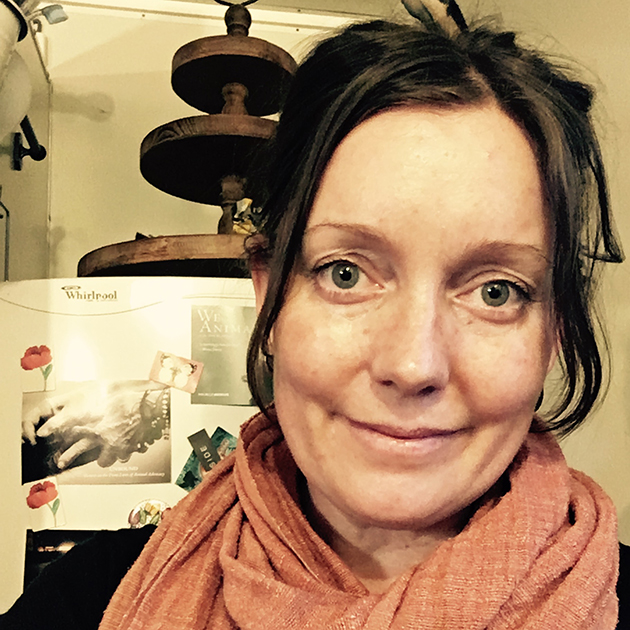Peta’s art practice as research focuses on processes of identity formation through the reclamation of family and other hidden or erased histories. This ethnographic research examines human relations with the natural environment throughout history, in particular Peta’s personal relationship with the unceded lands of First Nations peoples and the trans-generational legacies of our shared histories which shape our current ways of being and doing.
Peta’s research intersects art, history, environmental studies and geography, social work and biography, to consider how we all adapt to climate change. Peta’s art process is also about resilience, change, and addressing the reproduction of colonial knowledges and practices. She draws on historical records, oral histories, social memories, archives and ecological research to refocus on human-nature interconnection and interdependency and increase critical understanding of colonial processes of place-making. Memory, commemoration, and memorial is also an area of focus in this broader attempt to unsettle oppressive power structures in real and material ways.
Peta’s art practice is also about examining her own positionality and standpoint to support her teaching and research beyond art practice.
